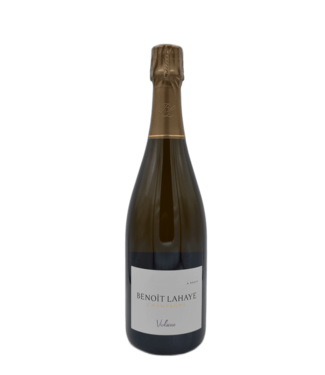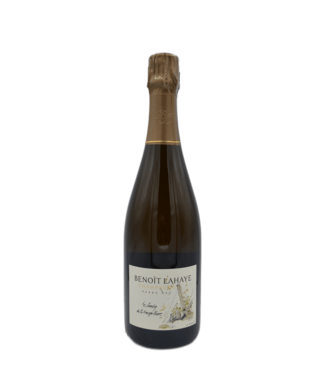Indulge in the artistry of Benoît Lahaye Champagne, a pinnacle of craftsmanship from the Grand Cru village of Bouzy in Montagne de Reims, available exclusively at LuxuriousDrinks.com. Renowned for its biodynamic and organic viticulture, Benoît Lahaye produces limited-edition Champagnes that embody the essence of their terroir, delivering unparalleled elegance and complexity. With only 4.8 hectares of vineyards, this family-run estate, led by Benoît and Valérie Lahaye, creates fewer than 40,000 bottles annually, making these Champagnes a rare treasure for wine enthusiasts and collectors.
Benoît Lahaye’s commitment to sustainability sets it apart. Certified organic since 2003 and biodynamic since 2010, the estate employs traditional methods, including horse-plowing to preserve soil vitality. The vineyards, primarily Pinot Noir (88%) with Chardonnay and rare varieties like Arbane and Petit Meslier, thrive on Bouzy’s chalky slopes, yielding wines of remarkable depth and minerality. Each bottle reflects the region’s sun-drenched terroir, with flavors of ripe stone fruits, raspberries, and a signature saline finish.
Explore iconic cuvées like the Brut Nature Grand Cru, a non-dosé blend of 90% Pinot Noir and 10% Chardonnay, offering vibrant fruit and chalky finesse. The Rosé de Macération, crafted from 100% Pinot Noir with amphora aging, bursts with strawberry and raspberry notes, perfect for sophisticated pairings. For purists, the sulfur-free Violaine (50% Pinot Noir, 50% Chardonnay) delivers pear, lemon oil, and minerality, while the Le Jardin de la Grosse Pierreshowcases a historic co-planted vineyard with savory, umami-driven complexity. The Millésime and Blanc de Blancs further elevate the portfolio with their silky textures and gastronomic versatility, ideal for seafood or poultry dishes.
Lahaye’s minimal-intervention winemaking—oak barrel fermentation, native yeasts, and no filtration—ensures authenticity in every sip. Most cuvées are non-dosé, highlighting the natural ripeness of the grapes, while low sulfur use (15 mg/l average) preserves purity. These Champagnes, aged on lees for 2–3 years, evolve beautifully with decanting or cellaring, making them a collector’s dream.





